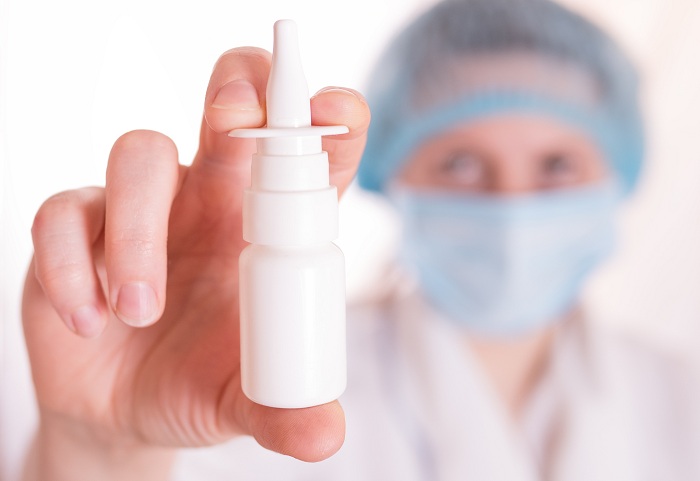Milan headquartered biopharmaceutical and B2B company BMG Pharma with its chemical plant in Torviscosa (Italy), conducted a clinical study with encouraging results to assess the efficacy of BMG0705 Nasal Spray and BMG0703A Mouth Rinse in the treatment of asymptomatic COVID-19 patients.
These positive results could represent the starting point for the use of the products in the prevention as well as the early treatment of several infections such as SARS-CoV-2 and the reduction of risk of infection and spread of the virus. The efficiency of the tested products is based on the action of hydrogen peroxide combined with hyaluronic acid.
BMG0705 Nasal Spray is based on a patented nasal spray formulation, with the disinfecting action of hydrogen peroxide and hyaluronic acid creating a protective barrier: the barrier, adhering to the nasal mucosa, can stop COVID-19 and other infections and prevents them from worsening.
Similarly, BMG0703A Mouth Rinse forms a protective film that adheres to the oral mucosa preventing further irritations, acting against external agents and helps to prevent complications caused by infections in the oral cavity such as seasonal flu and SarsCov-2.
The study enrolled a total of 106 people, who completed an experimental protocol in the second quarter of 2021. The random allocation presented sufficient efficiency, as the associations between the trial arm and covariates showed P values greater than 0.05. In the placebo arm, 57.6 per cent of people had a positive PCR swab test following the index positive test, whereas in the active intervention arm that proportion was 31.9 per cent, with a P value for the difference of 0.008. All subjects declared to have adhered to the study protocol and to have followed the prescription carefully (three full days of therapy) with no side effects.
The results from the analysis suggest that the active intervention under investigation can be effective in increasing the negativistic rate of a positive PCR nose swab test for SARS-CoV-2. Further research is needed to confirm these results in some population subgroups.




















